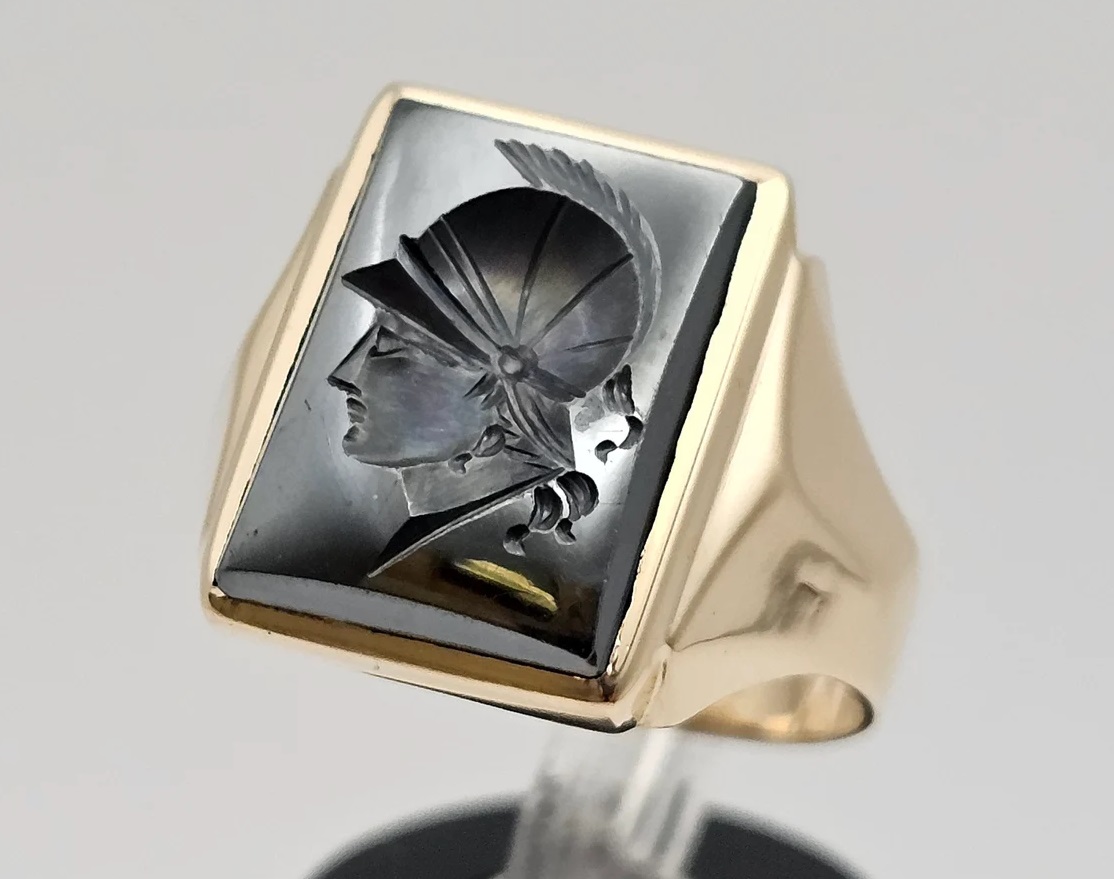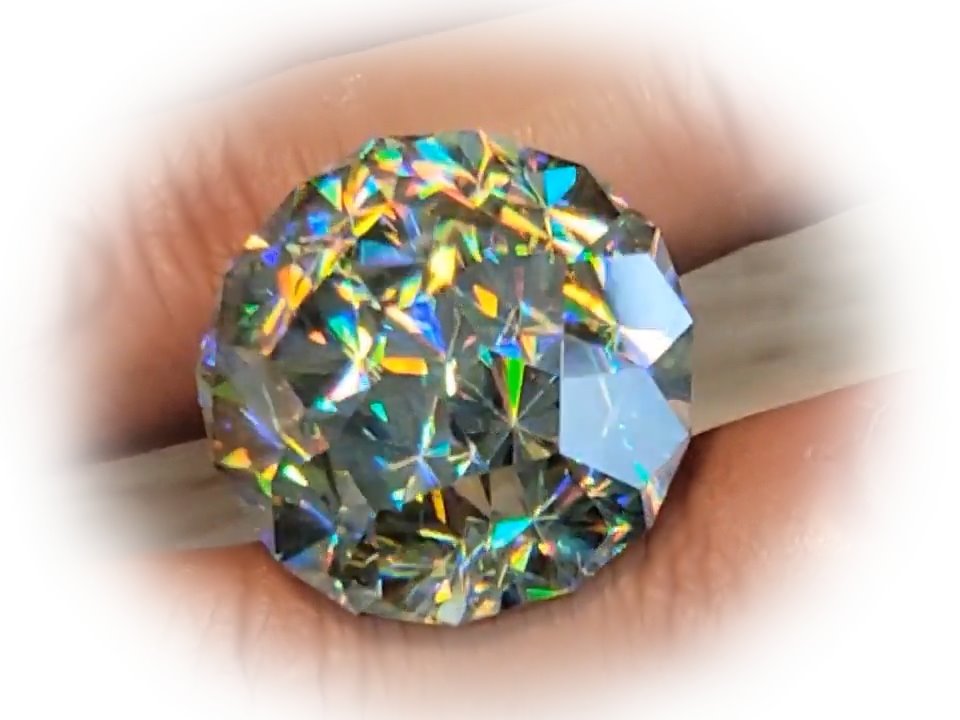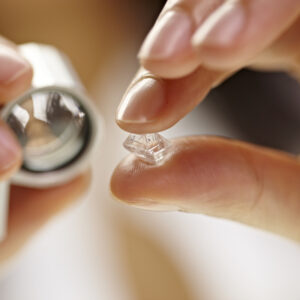
Hematite
Hematite is a metallic grey to black gemstone. It’s opaque. The interesting thing is when you crush the stone or leave a streak of it on another lighter coloured stone, the streak is red. It was once called “Bloodstone” because
This is an archive of gemstones and their gem identification characteristics. It would be of interest to gemology students, gemologists, jewellery appraisers and gemstone enthusiasts. These notes are from my studies in gemology ~ Dave Conger, G.G.

Hematite is a metallic grey to black gemstone. It’s opaque. The interesting thing is when you crush the stone or leave a streak of it on another lighter coloured stone, the streak is red. It was once called “Bloodstone” because

Synthetic rutile is a diamond simulant which characteristically shows a yellowish hue. It is generally flawless but gas bubbles are possible. It can be confused with zircon. Dispersion, doubling, spectra and magnification are key to separation from other diamond simulants.

Diamond is a crystal of carbon. Carbon also forms into one other crystal: graphite. Diamonds are the hardest substance known to man. This means they resist scratching unless they are scratched by another diamond. They form in all colours. The

Strontium titanate is a manmade gem material which is sometimes confused with diamond. It has a high refractive index close to diamond although it is not nearly as hard. If you had a large gem, you might notice it seems